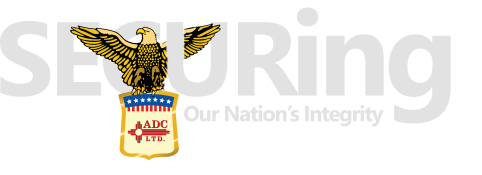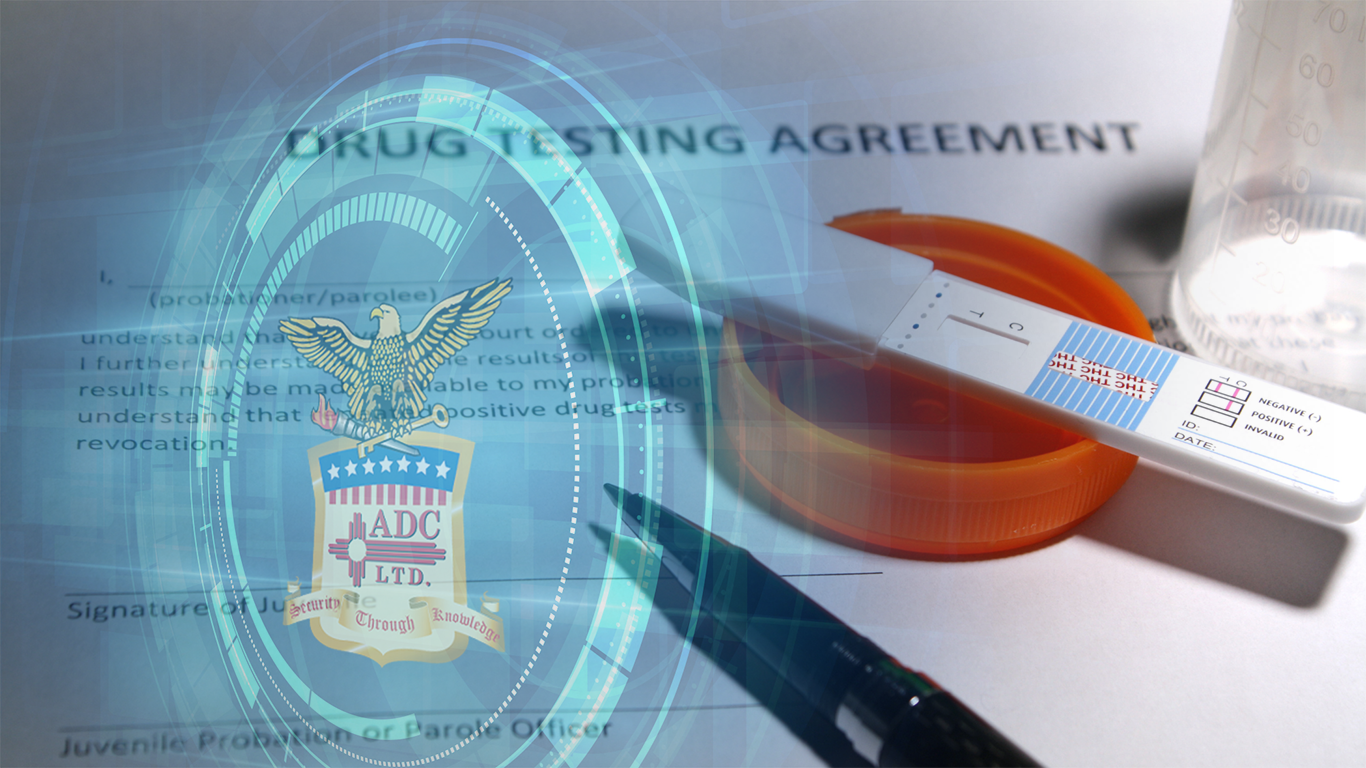
5 Strong Types of Drug Tests Every Employer Must Consider Checking
Numerous American companies enforce workplace drug tests, which vary based on federal, state, and local regulations, industry standards, and the organization’s specific needs.
The rationale behind mandating diverse tests is evident. From a business standpoint, illegal substances, specific prescription medications, and the presence of alcohol might lead to heightened absenteeism and reduced productivity.
Additionally, ensuring a safe working environment is a crucial responsibility for businesses to protect employees from potential harm.
Why Companies Conduct Addictive Substance Tests
Employers conduct employee drug testing for various critical reasons, driven by the substantial impact of alcohol and drug abuse.
According to the National Survey on Drug Use and Health facilitated by the Substance Abuse and Mental Health Services Administration (SAMHSA), approximately 161 million Americans aged 12 and above confessed to using illicit drugs within the past year.
Here are some essential motives prompting employers to implement addictive substance testing policies:
Curbing Hiring of Substance Abusers
Employers aim to restrict hiring individuals with alcohol or drug dependencies to maintain a healthy workforce.
Preventing Employee Substance Abuse
Ensuring current employees refrain from alcohol and drug misuse contributes to a safer workplace environment.
Safety Assurance
Creating a secure workspace with a pre-employment drug test for all staff members minimizes hazards and potential risks, protecting everyone involved.
Reducing Absenteeism and Tardiness
Mitigating substance abuse-related absenteeism and late arrivals aids in maintaining operational efficiency.
Workplace Accident Prevention
Lowering the probability of workplace accidents resulting from impaired individuals supports safety protocols.
Public and Partner Protection
Safeguarding business partners and the general public from potential risks associated with impaired employees is crucial.
Identifying and Assisting Employees
Identifying employees struggling with drug or alcohol issues allows for intervention and support to overcome these challenges.
Cost Reduction in Healthcare and Disability Claims
According to a drug testing service, minimizing healthcare expenses and short-term disability claims positively impacts a company’s financial health.
Compliance with Legal Requirements
Adhering to local, state, and federal laws and regulations mandates drug testing for specific industries and roles.
Accessing Workers’ Compensation Premium Discounts
Participating in Workers’ Compensation Premium Discount programs can benefit compliant employers financially.
These reasons underscore the multifaceted importance of testing for employers, emphasizing the commitment to maintaining a safe, efficient, and legally compliant work environment.

5 Types of Drug Tests Employers Must Check
Here are five crucial types of drug tests that every employer should consider implementing:
1. Urine Testing (Urinalysis)
Widely used and approved for federally mandated screenings, urine tests detect metabolites in urine samples. While it’s familiar, it primarily identifies past drug use rather than current intoxication.
This non-invasive test examines urine samples to identify the presence of drug metabolites. It’s one of the most commonly employed methods for drug testing, especially for federally mandated screenings.
However, it’s important to note that a positive result in a urine test doesn’t necessarily indicate current intoxication but rather past drug use.
2. Hair Testing
This method is considered highly reliable. Hair testing has an extensive detection window of up to 90 days. A hair drug test is difficult to manipulate, revealing prolonged drug use history and specific substances used.
Hair testing can reveal a detailed history of drug use, including specific substances used, duration of usage, and when the use stopped. It’s an effective tool for identifying repeated or prolonged drug use.
3. Oral Fluid Testing (Saliva/Mouth Swab)
Cost-effective and swift, oral fluid testing efficiently detects recent drug use, indicating substance presence from minutes up to 48 hours before collection. This type of drug test is quick, cost-effective, and convenient for on-site collection.
It efficiently detects recent drug use, indicating the presence of substances from minutes up to 48 hours before sample collection. Like a marijuana drug test, oral fluid testing is particularly efficient in identifying current drug use, offering a shorter detection window than other testing methods.
4. Blood Testing
Blood testing is a method employed to detect drugs by analyzing blood samples. This type of drug test provides precise and immediate results regarding the presence of drugs in an individual’s bloodstream.
While it accurately detects substances, blood testing is relatively invasive and typically used in specific situations, such as post-accident investigations or for medical purposes requiring detailed drug analysis.
5. Sweat Patch Testing
Sweat patch testing involves using patches to collect sweat over an extended period to detect the presence of drugs. These patches adhere to the skin and are continuously monitored for substances.
This drug test check offers a longer detection window for ongoing drug use, allowing for continuous monitoring of drug presence over time. While less common than other drug testing methods, sweat patch testing provides extended monitoring capabilities for detecting drug usage.
Employers should consider these drug testing methods carefully to ensure comprehensive screening and maintain a safe and productive work environment.
Are They Legal?
This testing by employers is generally not federally prohibited in the United States. However, regulations regarding the types of drug tests employers can conduct, and the positions for which they require testing may vary at the state and local levels. For instance, some states limit drug testing to safety-sensitive roles.
Employers are responsible for collaborating with legal counsel to establish employee drug testing policies compliant with relevant federal, state, and local laws or regulations.
Who Should Pay for the Tests?
In most cases, employers cover the costs associated with drug testing. According to the state-wide Fair Labor Standards Act (FLSA), the time an employee takes a test is considered hours worked, implying that the employer is responsible for covering these expenses as part of standard work-related activities.
Choose ADC
Are you looking for drug and alcohol testing solutions for your organization? ADC provides convenient options for your needs. We offer onsite oral fluid drug testing that you can conduct at your work sites.
Our extensive network of labs nationwide allows customized pre-employment drug tests designed to fit your hiring requirements.
Reach out to our team today to discover how our modern approach to employee drug and alcohol testing can help safeguard your business, retain top talent, and ensure a secure work environment.

